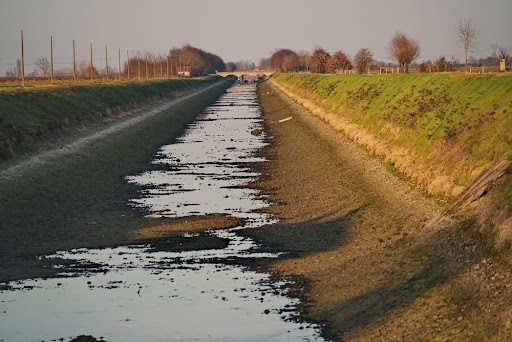Sustainable water resource management: a priority
Effective drought management depends on maximizing available water resources and improving distribution and treatment networks. In this context, technologies for the capture, treatment, and reuse of wastewater become strategic tools for ensuring water supply and protecting the environment.
Now more than ever, Italy needs flexible and smart infrastructure capable of adapting to an increasingly unstable climate. Synergy among public agencies, businesses, and citizens will be essential for building a virtuous and resilient model.
Despite the seriousness of the situation, the water crisis also represents an opportunity for innovation. Italy has the technical expertise, know-how, and technologies needed to turn this emergency into an opportunity for sustainable development.
Adopting an integrated approach to water resource management, investing in wastewater reuse, and promoting a culture of sustainability can make a real difference in the coming years. We are at a turning point: it’s time to act, building solid and lasting water resilience for the benefit of future generations.






